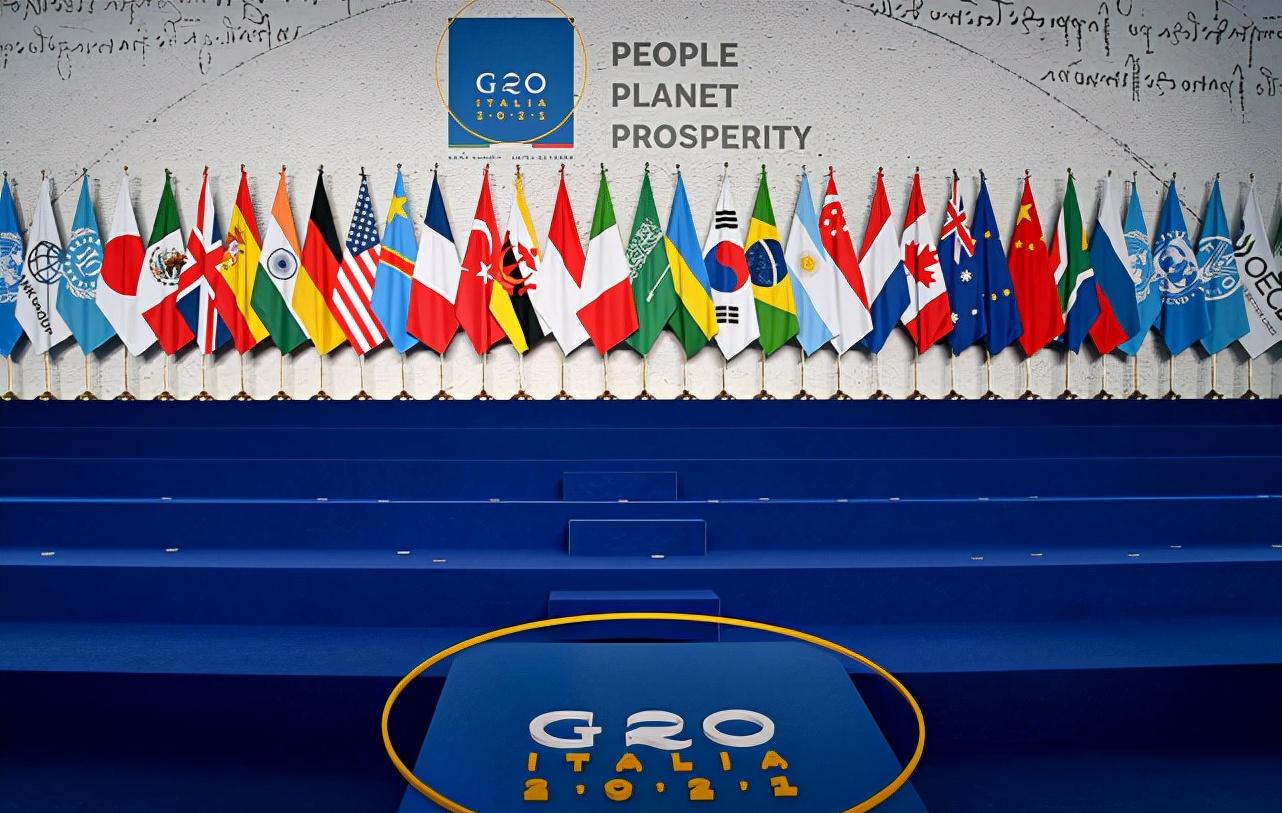At the recent G20 summit, the most significant global consensus on climate issues in recent decades was to agree to commit to "meaningful and effective" measures to achieve the goal of limiting global warming to 1.5 degrees Celsius. In the face of more and more frequent climate disasters in recent years, the world is beginning to realize that the blue planet is punishing humanity in its own unique way, and the Rome summit is, to some extent, a self-help action for countries, but according to the final communiqué obtained by Reuters, it contains almost no specific actions. As a result, the legal effectiveness of the summit has also been greatly reduced.
Perhaps anticipating in advance that there would be no substantive breakthrough on climate issues at this summit, coupled with the consideration of many factors, the leaders of China and Russia did not attend, which caused great dissatisfaction with US President Biden. At a press conference after the summit on the 31st, Biden said to the outside world: "It is disappointing that not only Russia, but also China has basically not discussed commitments on climate change. ”

But is the truth really what Biden said? I am afraid that when discussing climate issues and commitments, he is the one who is least qualified to point fingers at the outside world. Two days before the summit, on the 29th, Biden led a huge convoy of 85 cars to meet with the pope, which caused great controversy on social media. Saying one thing in words and doing one thing in private is exactly the normal way for the United States to deal with international relations and international issues.
Not to mention that China's carbon neutrality and carbon peak commitments made to the outside world as early as earlier this year have responded to global concerns with practical actions, in response to the external criticism of China's nationally determined contribution goals in climate "not ambitious enough" at the foreign ministry's regular press conference on November 1, China's foreign ministry spokesman Wang Wenbin said that China has always been an activist in climate governance, taking the initiative to assume international responsibilities in line with national conditions, and constantly self-pressure to improve the intensity of action to deal with climate change.
More importantly, China has also released the Carbon Peak Action Plan by 2030 and the White Paper on China's Policies and Actions to Address Climate Change, which reflect China's responsibility and latest contribution to global energy conservation and emission reduction, as well as to climate issues.
The United States and its allies, on the other hand, have hardly expressed much in practice, and have not bothered to make even the most basic promises, except for the constant verbal and meaningless promises to deal with domestic environmentalists and win votes. On October 28, for example, Australia announced its rejection of the EU-US-led initiative to reduce methane emissions by 30% by 2030, citing "concerns about impacts on agriculture and livestock"; India had also rejected the net zero carbon target the day before, saying it was more important for all countries to work together to find ways to reduce such emissions to avoid the danger of rising global temperatures.
Therefore, it can be said that Biden's criticism of China and Russia on climate issues is obviously political and a typical double standard. The ultimate goal of the United States is simple, that is, to constantly find new entry points on major international issues to attack China and Russia, or at least to cause public opinion and moral trouble for China and Russia, it is no wonder that the leaders of China and Russia did not attend this summit in the end. Here, we advise the United States not to try to coerce the international community to put pressure on China, and if Biden continues to use this practice of derealization to virtuality to reflect his so-called international influence and declare that the United States has returned to the global framework, it will only make people laugh and be generous in the end.